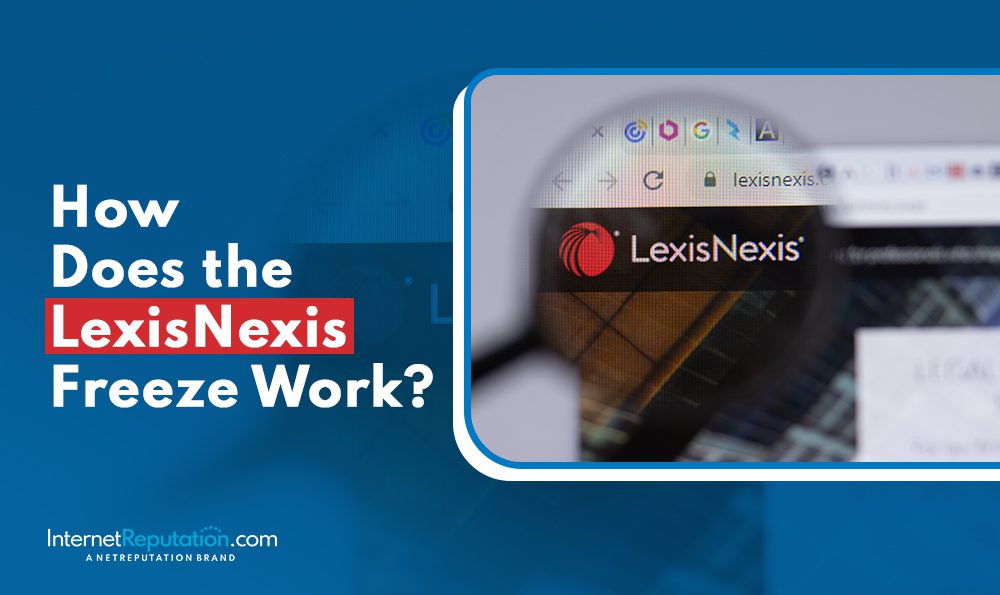Review Reputation Management, or Threat to Free Speech?

Is it illegal to manage your online reviews? A recent court case puts online review management on the witness stand.
The wheels of justice may turn slowly, but they are beginning to turn in the case of Hassell v. Bird.
As our blog team reported last fall, the case involves the Hassell Law Group, a personal injury firm in San Francisco, and a suit they filed against a former client. The case has gone all the way to the California Supreme Court, and as of late March 2017, both sides have filed opening briefs.
At issue is a court ruling that orders a business review site to take down a contested negative review. Legal observers say a ruling in Hassell’s favor could have far-reaching implications for online review management and for free speech on the Internet.
The Issues
The Hassell Law Group sued a former client in 2013, over what Hassell said were false and defamatory reviews the former client posted to the popular customer review site. Hassell won the suit and a judge ordered the client to remove the defamatory reviews. When the former client failed to respond, Hassell sought a court order demanding that the site remove the reviews.
“There were a lot of people who were unhappy about this opinion,” said Eric Goldman, in reference to the original ruling, handed down in 2014. Goldman is co-director of the High Tech Law Institute at Santa Clara University School of Law. He calls the ruling a serious threat to Section 230 of the Communications Decency Act, which protects Internet Service Providers from responsibility for the content posted by their users.
Internet heavyweights like Facebook, Twitter and Microsoft are lined up in support of the review platform. In a joint communication, they told California’s high court that the original opinion “radically departs from a large, unanimous and settled body of federal and state court precedent” and could open the door to the suppression of free speech on the Internet.
False Claims?
Dawn Hassell, the Managing Attorney for the Hassell Law Group, says the case is not a matter of free speech or censorship, but of reputation management. “We have an impeccable reputation,” she said of her firm. “We have a right to protect it.”
Hassell filed the original suit in 2013, and won. San Francisco Superior Court Judge Donald Sullivan awarded the firm half a million dollars in damages, and ordered the former client and the platform to remove the negative comments. The former client never responded. As of this writing, a revised version of the negative post is still online.
CDA Section 230
Representatives for the review platform say that the judge’s ruling is in violation of Section 230 of the Communications Decency Act. Section 230 is meant to protect Internet companies from laws that could hold them responsible for posts made by others. The review platform argues that if Hassell wins, and they are forced to remove the reviews, consumers will be the real losers.
Eric Goldman agrees. “I can’t stress enough how terrible this opinion is,” he wrote on his blog, “and how much danger it poses to Section 230…this case opens up holes that everyone – users and non-users alike – can abuse.”
Legal experts predict the review site will prevail. “It should be a no-brainer for (review platform) to win,” said Daphne Keller, a former attorney for Google and now a Stanford Law School professor. Legal precedents, she explained, favor them.
But Dawn Hassell says concerns about Section 230 are a lot of hot air. “You can give critical reviews about people on the Internet,” she said. “It doesn’t mean it’s going to be defamation. You can’t write untruthful content to hurt somebody.”
Learn more about online review management today.



